Smart Efficiency on the Factory Floor: How Industrial Tablets Transformed Manufacturing and Logistics Operations
![]() 2025-11-17
2025-11-17
![]() Hopestar
Hopestar
From Paper Trails to Real-Time Operations
In today’s manufacturing landscape, precision and speed define competitiveness. Yet many factories still rely on paper-based checklists, outdated terminals, or scattered handheld tools to track materials, record production data, and monitor equipment status. These manual workflows slow reactions, reduce accuracy, and create delays whenever production lines require immediate adjustments.
As digital transformation accelerates, factories increasingly look toward rugged, real-time data solutions that can withstand harsh environments. This is where industrial tablets have proven indispensable.
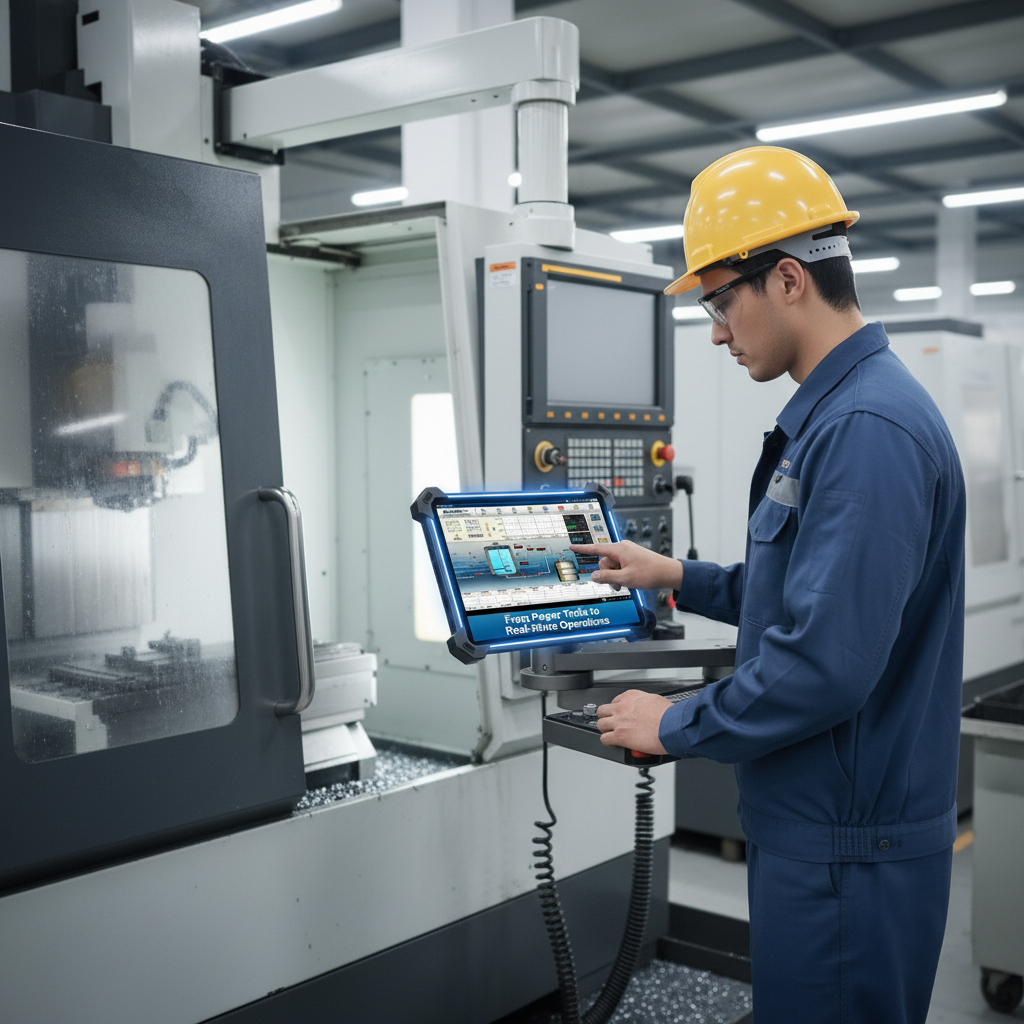
A Growing Manufacturer in Need of Real-Time Control
A mid-sized automotive component producer in Eastern Europe was undergoing rapid expansion to meet global demand. Its production processes were spread across multiple workshops and warehouses, making visibility a key challenge. Managers lacked live production information, and warehouse teams relied on printed dispatch sheets that often created bottlenecks.
To scale efficiently, the company needed a factory data collection device capable of seamless connection to its MES (Manufacturing Execution System) and WMS (Warehouse Management System). It also had to be durable enough for non-stop industrial settings.
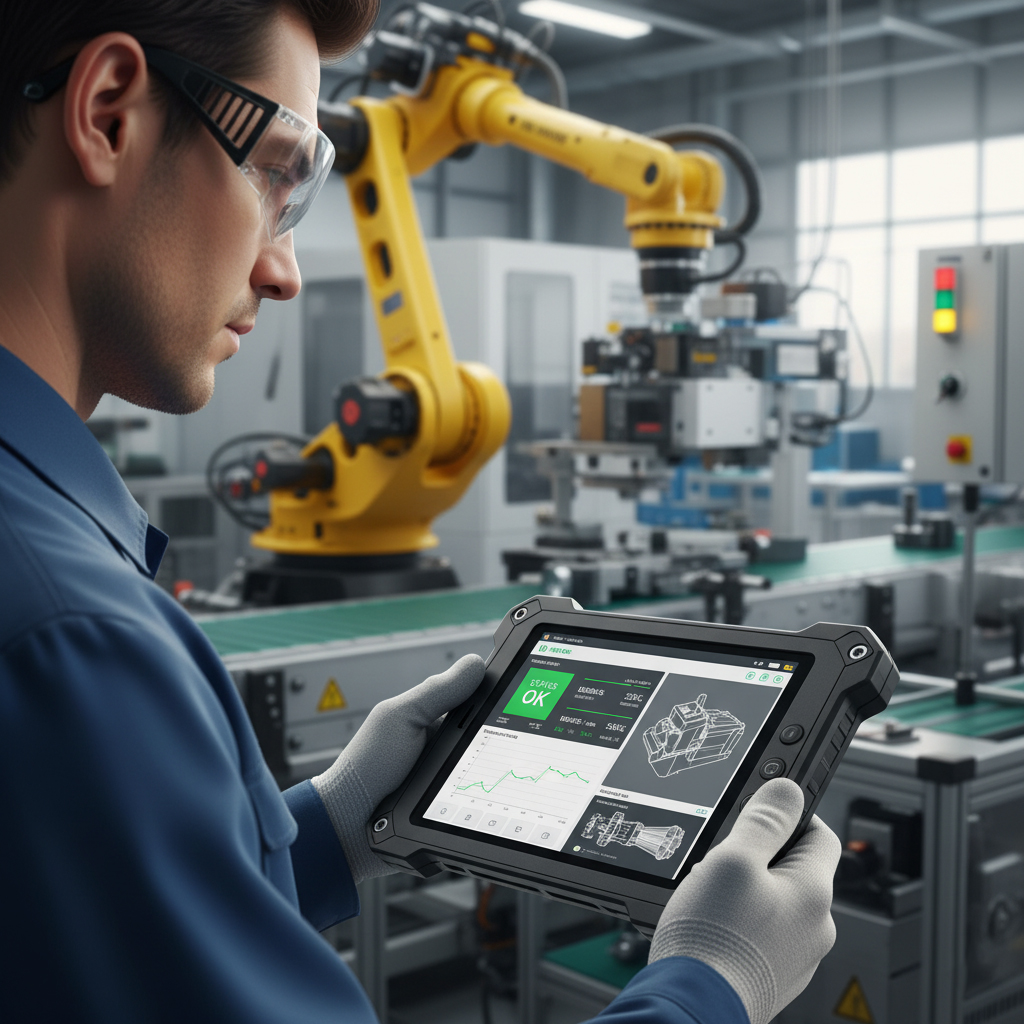
When Downtime Equals Lost Revenue
Every delay on the production line translated directly into lost output. Operators manually recorded batch data, temperatures, and part counts before transferring the information to desktop computers — sometimes hours later. The warehouse faced similar inefficiencies, with handheld scanners frequently desyncing or failing under heavy use.
The company sought an all-in-one industrial-grade tablet that could survive dust, vibration, and temperature swings while integrating directly with its core systems and IoT devices.
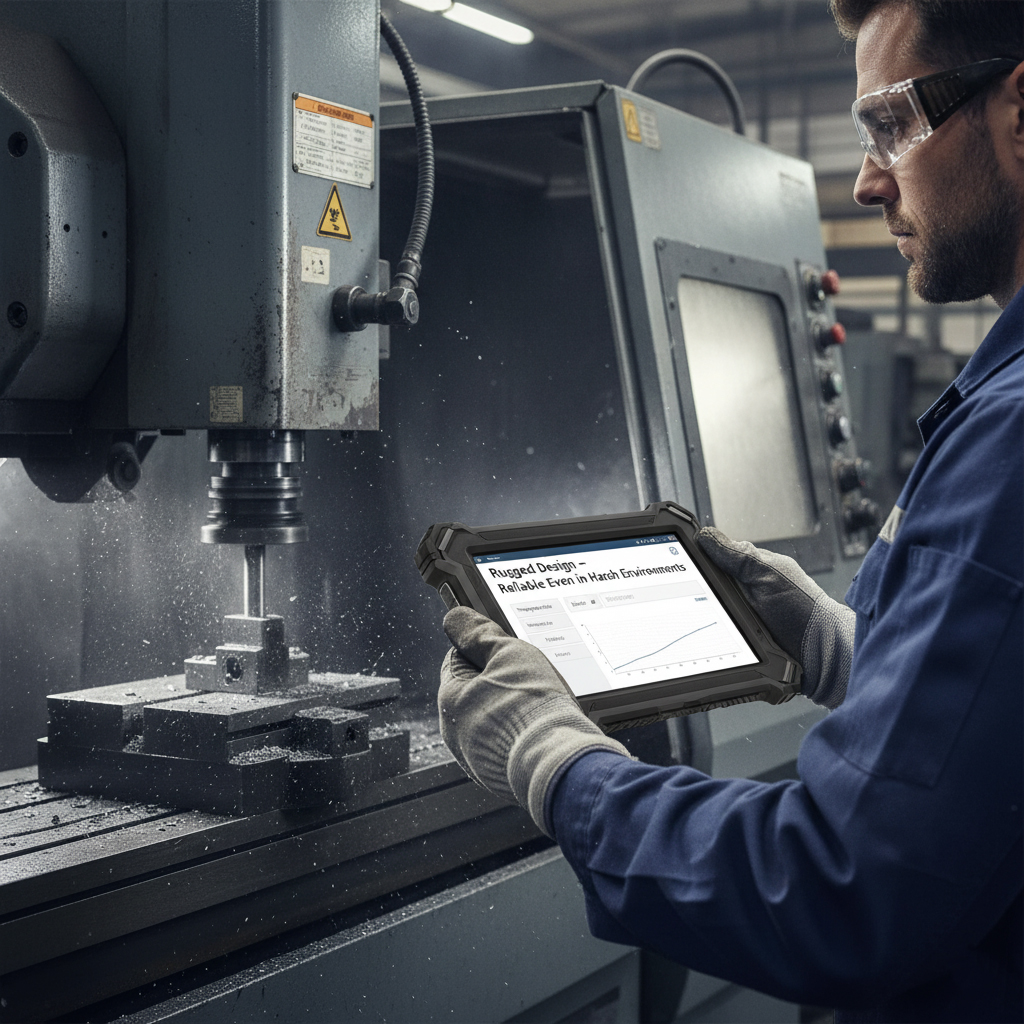
A Rugged, Connected, and Customized Solution
The chosen deployment centered around a rugged Android industrial tablet — a durable 10.1-inch device built for factory data collection, warehouse operations, and real-time logistics control.
Each industrial tablet included:
An industrial touch display resistant to dust and impact
Built-in barcode/RFID readers
Stable Wi-Fi & Blue-tooth connectivity
A high-capacity battery to support full-shift use
Engineers customized the firmware for direct MES/WMS integration through secure APIs, allowing production and logistics data to sync instantly.
Customization also included:
A factory workflow dashboard showing live machine status
Offline caching to prevent data loss during Wi-Fi interruptions
Integration for forklift-mounted systems supporting dispatch and loading verification
This transformed the tablets into central hubs for both production and warehouse tasks.
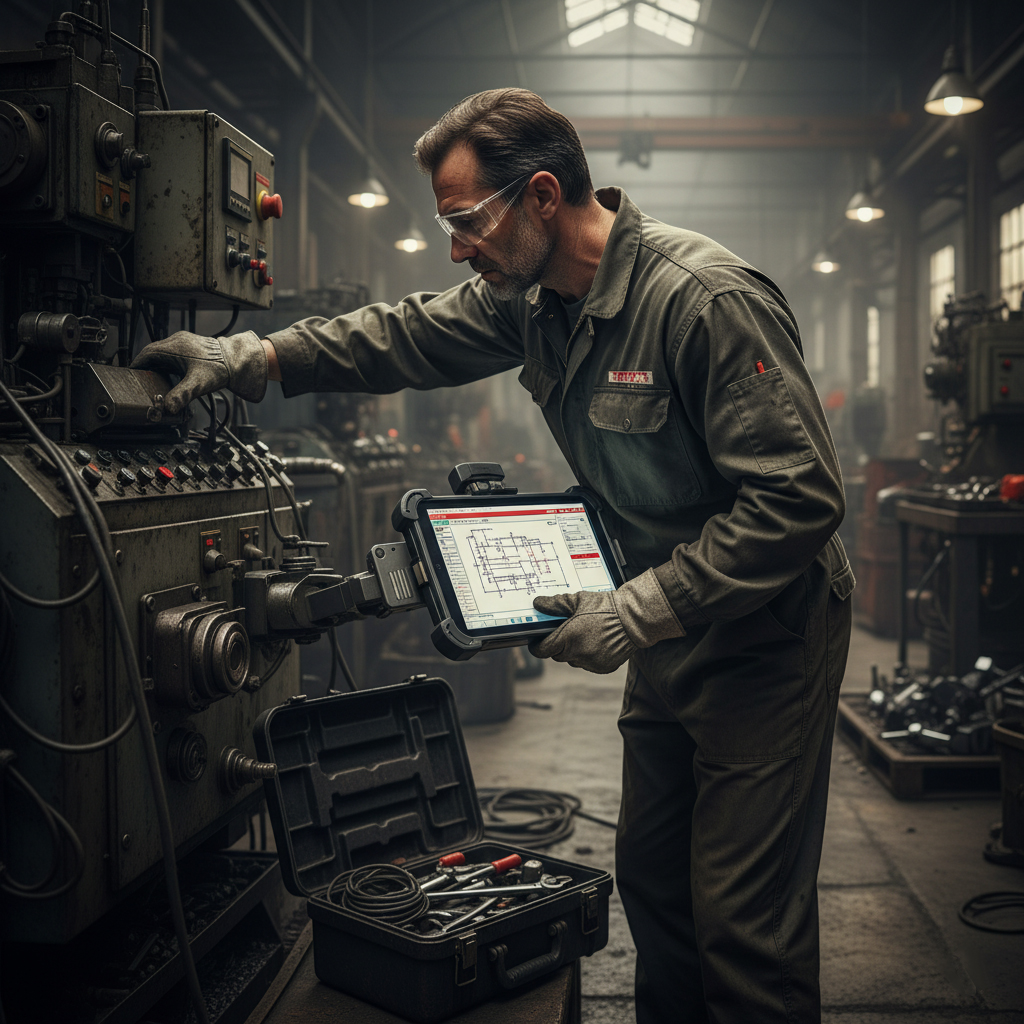
Seamless Integration on the Production Floor
With deployment underway, operators and supervisors received dedicated shop floor tablets tied to the central control platform.
Workers used the factory tablets to:
Scan materials
Confirm batch starts
Log real-time quality checks
Supervisors monitored KPIs — including equipment uptime, temperature deviations, and defect rates — via a manufacturing dashboard tablet.
In the warehouse, teams used warehouse barcode scanning tablets to pick, pack, verify, and dispatch items with real-time updates.
The result was a unified ecosystem connecting production and logistics in a continuous digital flow.
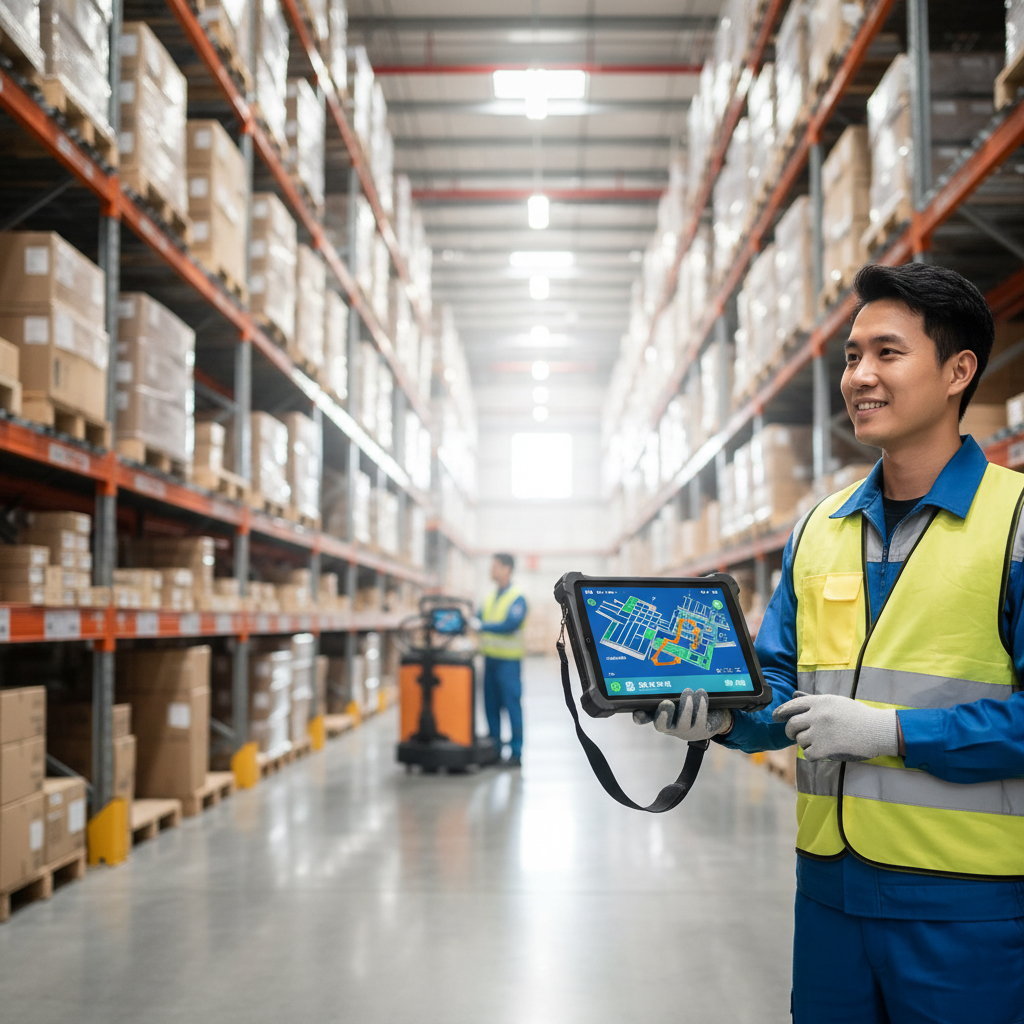
The Measurable Impact of Digital Efficiency
After three months, performance improvements were significant and quantifiable:
Data entry time reduced by 40% through on-site input
Production reporting accuracy increased by 25%
Warehouse picking speed improved by 30% with automated scanning
Device uptime exceeded 99.8%, proving rugged durability
Employees across the facility quickly adapted, benefiting from instant visibility and fewer manual tasks.
Voices from the Factory
“Once we switched from paper to industrial tablets, everything changed. Supervisors can now act immediately when production conditions shift,” shared the Operations Director.
A warehouse manager added, “These rugged tablets are the first devices that can handle our environment. They just keep working.”

Customization as a Competitive Advantage
The success of the deployment wasn’t just hardware — it was the ability to customize both firmware and interfaces.
Software was fine-tuned to match existing MES workflows, and hardware modules were adapted for specific scanning and connectivity needs. This ensured smooth onboarding and minimal training time.
A truly effective industrial automation display must adapt to the factory’s rhythm — not the other way around.
The Future of Connected Manufacturing
This transformation demonstrates how industrial tablets bridge the gap between traditional manual work and industry-level automation. By digitizing every touchpoint — from production lines to warehouse docks — the company achieved greater accuracy, efficiency, and scalability.
For manufacturers seeking modernization, this case proves that rugged mobility and data integration are no longer optional. They are the foundation of the next era of intelligent industrial operations.

 86 13392660243
86 13392660243 hope17@cnhopestar.com
hope17@cnhopestar.com
 whatsapp
whatsapp
 From a Single Device to Global Deployment — How a Vision for Smart Healthcare Displays Took Shape
From a Single Device to Global Deployment — How a Vision for Smart Healthcare Displays Took Shape 












